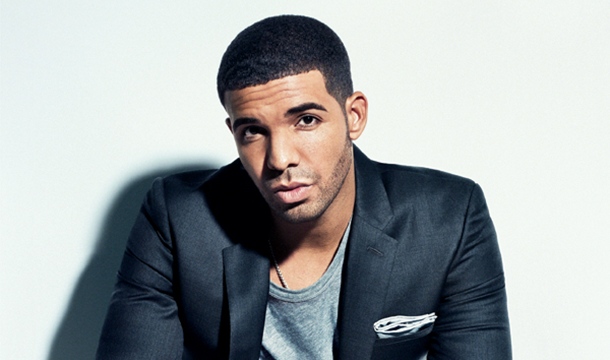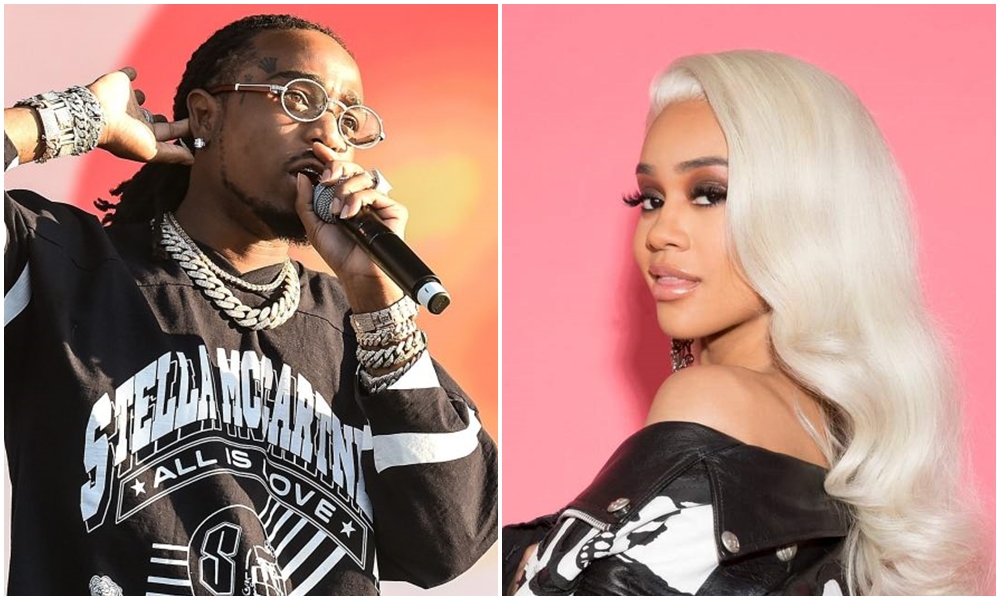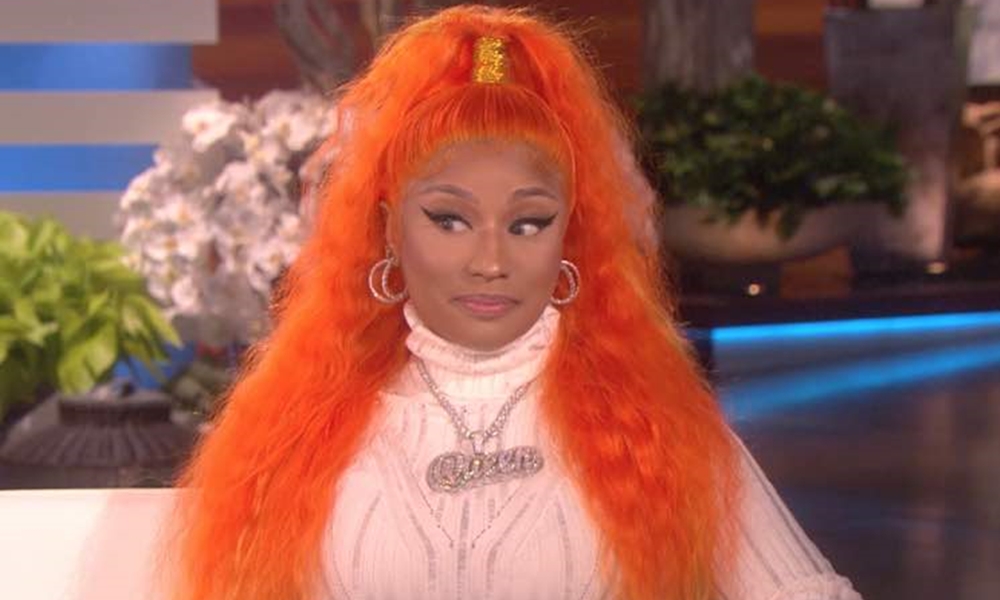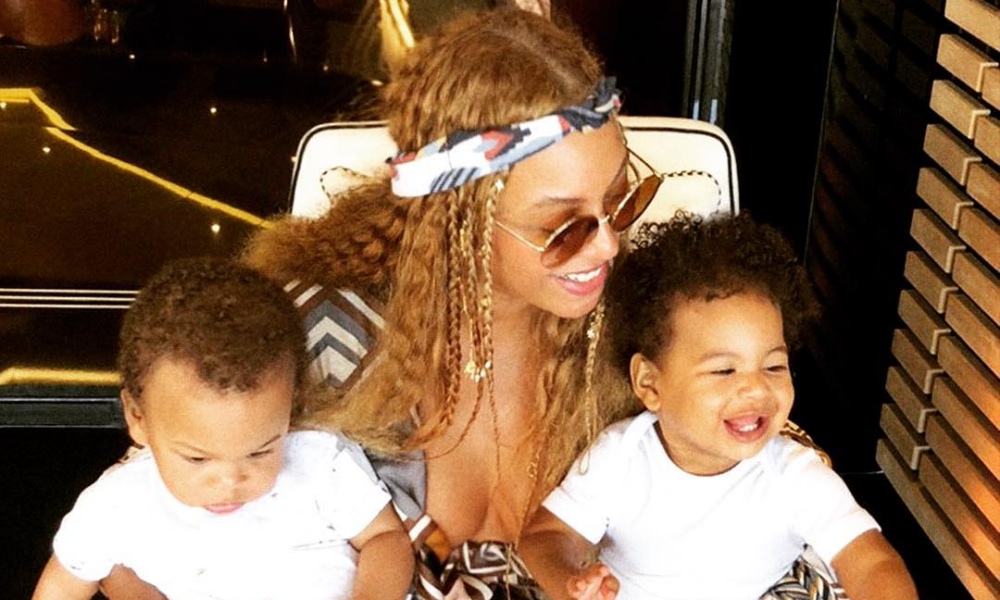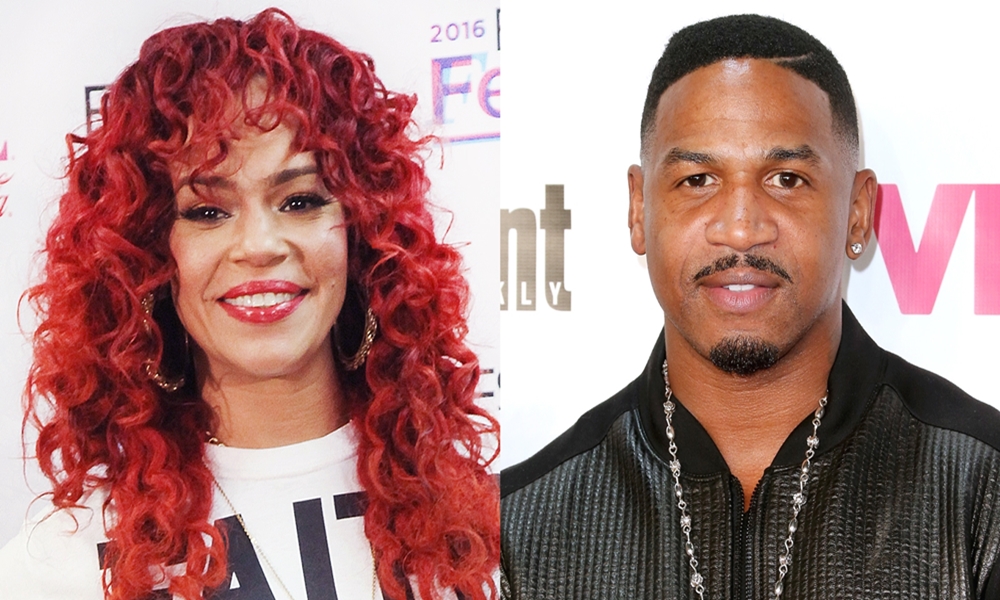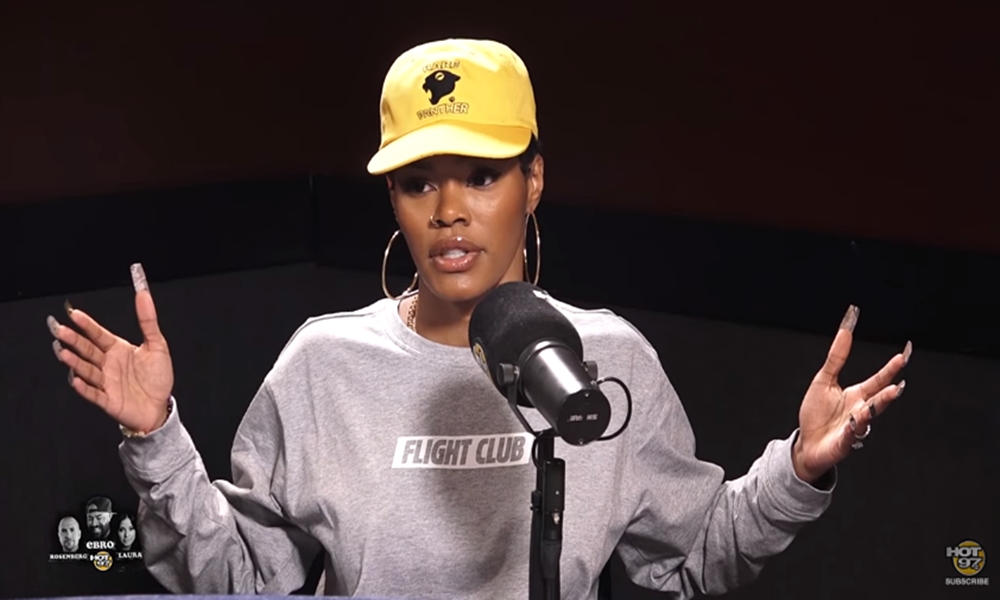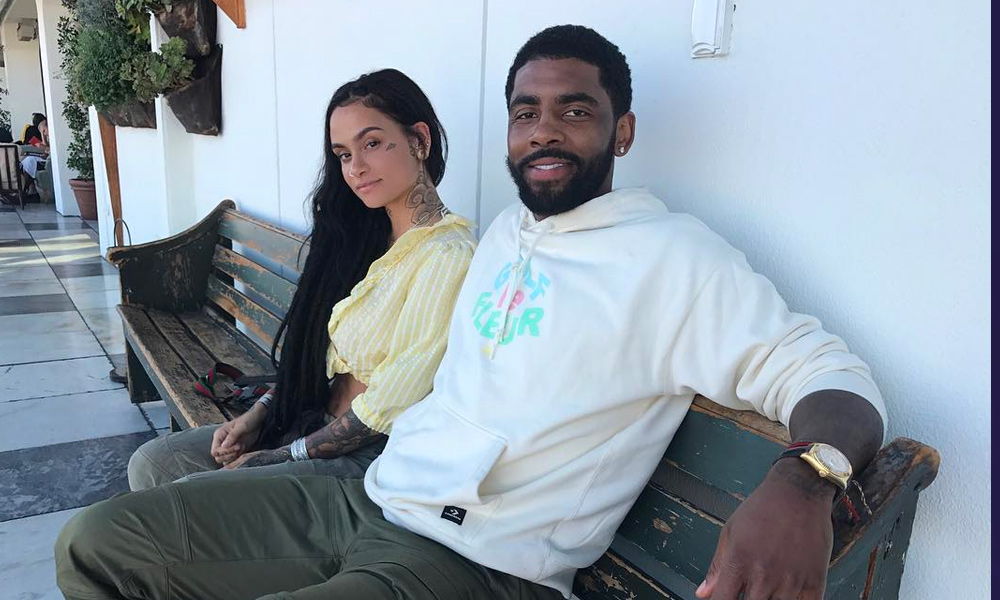Surely you’ve said “YOLO” before prior to doing something risky. The acronym (which stands for “you only live once” made popular by Drake on his 2011 song “The Motto”) is everywhere; shirts, hats, coffee mugs, etc. The lucrative merchandise with “YOLO” plastered on it is making someone rich…and Drizzy wants a piece of the pie.
The rapper/singer seems disappointed by the popularity of the acronym, and the fact that he’s not getting financially broke off from its popularity. He posted pics of various merchandise from Walgreen’s and Macy’s on Instagram, each with a caption that scolded the retailers for not including him in the royalty plan. “Walgreens . . . you gotta either chill or cut the cheque,” the Take Care rapper said with a photo of baseball caps with “Yolo” printed on the front. “Macy’s . . . same goes for you,” he captioned with a picture of a Charlie Brown t-shirt with the words “YOLO is my motto.”
According to Gawker’s Jordan Sargent, “there are over 100 YOLO trademark applications either live or dead in the United States,” and Drake isn’t even the creator of the acronym. Allegedly, a contestant from the 2003 reality show “The Average Joe, Adam Mesh, used the phrase while on the show, then soon after developed a YOLO clothing line. He addressed his sentiments about the phrase’s current use via Twitter: “When I created the word it was meant as inspiration to live life to the fullest. Disappointed in current use. I have moved on,” he stated.
If Drake isn’t the originator, should he get royalties from popularizing the phrase?
It’s one of the most popular phrases in pop culture today, but now Drake wants a cut of “YOLO” money. The Canadian rapper is claiming that he was the first to use the acronym for You Only Live Once and thus deserves compensation for its popularity. This article explores how Drake came up with YOLO, if his claim holds any legal weight, and what it could mean for other celebrities who have their own catchphrases. Get ready to dive into this controversial topic as we uncover all there is to know about Drake and that famous four letter phrase!
Drake has been making headlines lately after filing paperwork to trademark YOLO so that he can collect royalties whenever someone uses it. He claims that he coined the term back in 2011 when he wrote the song “The Motto” which featured a chorus repeating “You only live once: That’s the motto (YOLO)”. It quickly became an internet sensation and made its way into common conversation among young people everywhere.
Now years later, Drake believes it’s time for him to reap some rewards from his invention – but not everyone agrees with him. Critics are questioning whether or not YOLO really originated with him and wondering if he’ll be able to secure ownership over such a widely used saying without running into legal trouble. Let’s take a look at both sides of this debate before drawing our own conclusions on this issue of copyrighting catchphrases.
History Of The Phrase “Yolo”
The phrase “YOLO” has been around for some time, but its popularity as an acronym gained traction in the early 2010s. The term stands for “you only live once” and is usually used to describe making a daring or risky decision. It is often seen on social media platforms like Twitter and Instagram, where people are trying to encourage others to seize the day and make bold moves.
Though YOLO was popularized by rap artist Drake in his 2011 song “The Motto”, it had already been used much earlier than that. In 2003, American rock band Hawthorne Heights released a song entitled “Ohio Is For Lovers” which includes the line “You Only Live Once So Just Go For It All!” Similarly, Canadian musician Alexisonfire included the lyric “We only get one shot so just go for it all!” in their 2005 single “Accidents”.
Given YOLO’s long history of use in pop culture, it is not surprising that Drake wants a piece of the action when it comes to this catchphrase – he helped bring it into mainstream consciousness after all!
Drake’s Claim To Ownership Of The Term
Drake has made several attempts to claim ownership of the phrase “YOLO”, including suing companies for using it in their advertising campaigns. He believes that he is entitled to some sort of compensation for popularizing the term and making it a part of everyday language. Drake points out that his song “The Motto” was released before YOLO became an established acronym in pop culture, and argues that this should entitle him to some form of payment when other entities use it commercially.
However, there are those who argue against Drake’s claims. Many believe that the term existed long before he used it in his music, and thus he cannot stake exclusive rights to its usage. It is also argued that since YOLO is not trademarked or copyrighted, no one person can truly own it – rather, it belongs to everyone equally.
Despite these opposing views on the issue, one thing remains clear: Drake will likely continue his pursuit of the “YOLO money” as long as people keep using the term. While we may never know if he succeeds or not, one thing is certain – by attempting to monetize YOLO, Drake has become synonymous with both the phrase itself and taking risks in life!
Conclusion
In conclusion, the debate over who owns ‘YOLO’ is far from settled. Drake’s claim to ownership of the term may have some validity given his use of it in popular culture and media, but whether he has legal standing remains to be seen. Ultimately though, this case serves as a reminder that language can often transcend traditional boundaries and become an important part of our collective culture.
The phrase ‘YOLO’ has been around since at least 2011 when Drake first used it in his song “The Motto,” yet its origins are likely much older than that. The widespread popularity of the term shows how quickly language can evolve and take on new meanings within society. In this instance, Drake certainly had something to do with bringing YOLO into mainstream lexicon, but whether or not he deserves any sort of financial compensation for doing so is still up for discussion.
Regardless of who actually created or owns the phrase, one thing is certain: ‘YOLO’ isn’t going away anytime soon. It has already embedded itself into our cultural consciousness and will no doubt continue to influence discourse for years to come.
